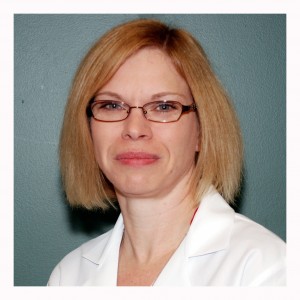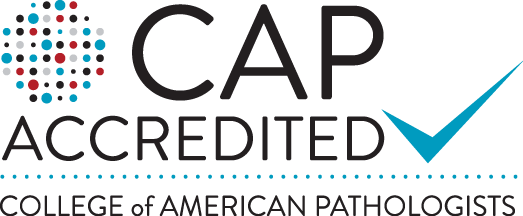Pathologist’s Corner – Dr. Summerall on A Patient’s Guide to Colon Cancer and Lynch Syndrome /HPNCC
Posted: March 24, 2015
 Introduction
Introduction
March is National Colorectal Cancer Awareness Month. Each year, over 140,000 people are diagnosed with colorectal cancer, according to the National Cancer Institute. It is the second most commonly diagnosed type of cancer when men and women are combined. Because of increased surveillance and more effective treatment, deaths from colon cancer are steadily declining. Discoveries in genetics have lead to a greater understanding of the genetic basis of colon cancer, and the discovery of inherited cancer syndromes. Now, in some cases, people may be discovered through genetic testing to have an increased risk of developing colon cancers. These individuals can be closely monitored for early signs of cancer. If discovered, they can be treated early, before the cancer grows large or spreads.
Causes of Colon Cancer
The vast majority of colon cancers are sporadic, meaning their exact cause is unknown. Risk factors that increase the possibility of developing colon cancer include obesity, smoking, heavy drinking, a sedentary lifestyle, and a history of polyps on earlier colon screening examinations.
Approximately 5-10% of colon cancers, however, are caused by known inherited genetic mutations. These inherited genetic syndromes cause a very high incidence of colon cancers in affected individuals, and can predispose them to other types of cancer.
Hereditary Colon Cancer
Some genetic mutations—the polyposis syndromes– cause the formation of numerous pre-cancerous polyps. Some of these polyps progress to cancer. Other genetic mutations do not predispose individuals to the development of polyps, but lead to colon cancer. One of these genetic mutations leads to a cancer syndrome called Lynch Syndrome, also known as Hereditary Non Polyposis Colon Cancer Syndrome (HPNCC). (more)


